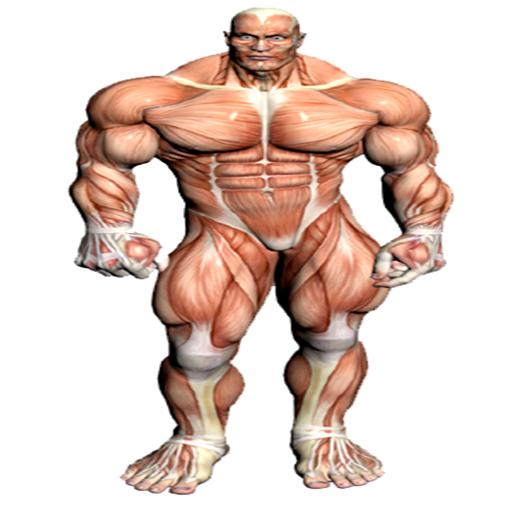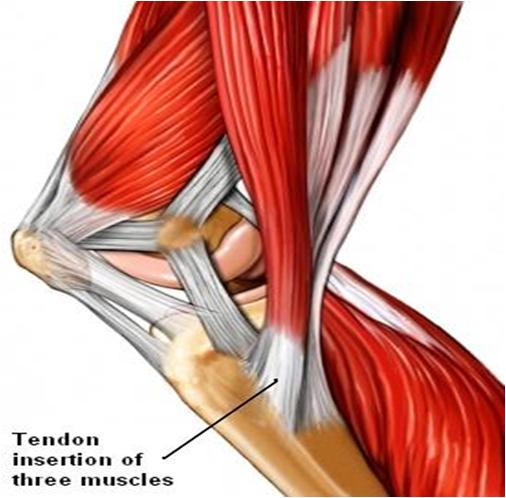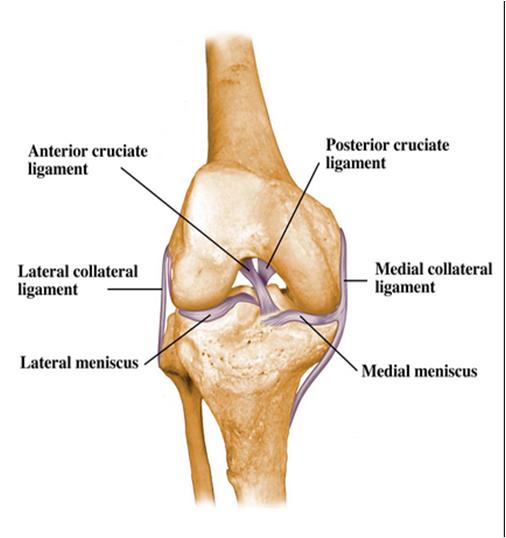Difference Between Tendon and Ligament

Tendons and ligaments are the two major connective tissues besides fascia, a layer of fibrous tissue. Both of them are important parts of the “human musculoskeletal system”, also referred to as the locomotor system. They play vital roles in the functioning of the joints and bones. People usually talk about ligaments and tendons as interchangeable terms, but these two types of soft collagenous tissues actually execute various different functions for the human body. In reality, the two are different in terms of composition, placement, functions and nature of injuries.
The first and major difference between tendons and ligaments is that tendons connect skeletal muscles to bones, while ligaments connect two different bones together.
Tendons consist of parallel bundles of collagen fibers, whereas ligaments mainly consist of elastic fibers.
Tendons are composed of elastin, collagen fibers, manganese, copper, calcium, and proteoglycans. Ligaments on the other hand, consist of a bunch of small packets of yielding collagen fibers.
Ligament cells lie between the skeletal (bone) joints, in the region of uterus and the abdominal cavity. Tendons, on the contrary, are positioned between bones and muscles of the arms, hands, fingers, legs, feet, hips and thighs etc.
Torn ligaments and sprains are ligament related injuries while tenosynovitis, avulsion and tendonitis are tendon related injuries.
Instructions
-
1
Tendons
Tendons, also referred to as sinew, are hard clusters of gristly connective tissues that connect muscles to the bones of the skeletal system. They are strong and fibrous, bearing up a good amount of tension. This cluster of fibrous tissues helps in a wide range of motions. They actually act as intercessory between the muscles and therefore generate the motion of the bones. Tendons work together with the muscles of the human body and hold the entire skeletal frame together.
Image Courtesy: empowher.com
-
2
Ligaments
Fibrous tissues that attach bones with bones are called “Ligaments”. They basically serve as connectors, attaching the ends of bones together at joints. These hard and dense, yet supple, connective tissues come in a variety of shapes and sizes in order to assist, strengthen and stabilize the joints. Ligaments support body movement, allowing stretching and bending of limbs and joints. Peritoneal ligaments, articular ligaments and fetal remnant ligaments are the three major categories of ligaments.
Image Courtesy: knee.in







